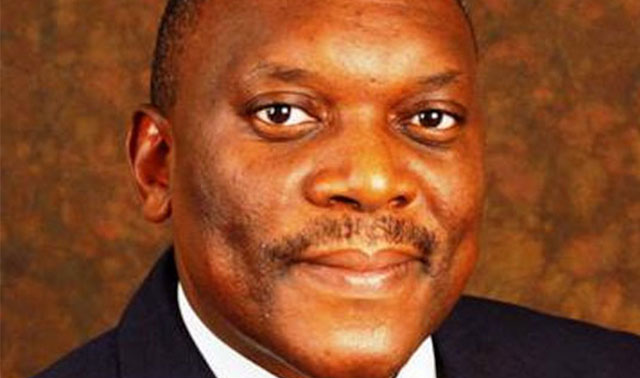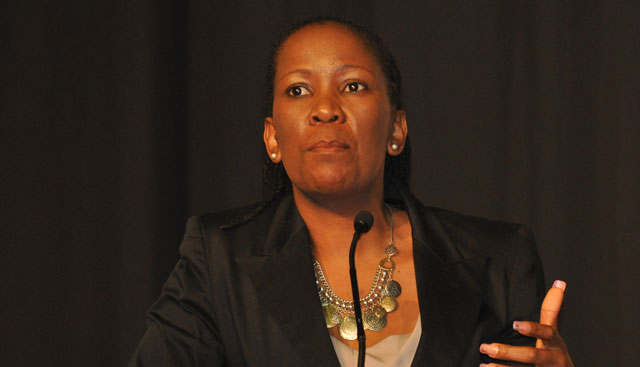
Telecommunications & postal services minister Siyabonga Cwele has vowed to fix his “dysfunctional” department after appointing the Public Service Commission (PSC) to probe the infighting and other problems that have plagued it in recent years.
At the same time, the minister has promised that government will finalise its policy on the allocation of new radio frequency spectrum for broadband within the next six months, with a final policy document to be published by no later than the end of the financial year, in March 2016, allowing communications regulator Icasa to go ahead with licensing access to telecommunications operators.
Cwele, who was appointed as minister after the old department of communications was split in two creating a new communications department and telecoms & postal services, said on Monday in a wide-ranging interview with TechCentral that he is determined to get on top of the challenges because they are having an impact on social and economic development.
He said probes by the Special Investigating Unit (SIU) into alleged corruption and other serious problems at the department that date back to before his appointment as minister are having a negative impact on the department’s performance. So, too, is a general lack of accountability and a failure to meet deadlines, he said.
A real change in culture in the department is necessary if it is going to make the decisions and develop the policies that the industry urgently needs – including the policy on access to spectrum.
Cwele said he has met with the staff of the department, including with three deputy directors-general who were suspended or fired by director-general Rosey Sekese — herself now on precautionary suspension while the PSC conducts its investigation — to ascertain what needs to be done to fix the mess.
The PSC is set to conclude its investigation — mainly a fact-finding process — by next month, Cwele said. Though it can ask for more time, he said he hopes it finishes the probe sooner rather than later.
“We need a functional department, a department that assists with driving the economy.”
Top of the priority list is the policy on spectrum. “The cabinet has reiterated … that we must finish the spectrum policy in this financial year,” he said. “The most important thing is to enable broadband. We are quite aware of the constraints that are there.”
Cwele said the telecoms department needs to be led by “a person who understands the industry, who understands the importance of the sector to the economy, and who understands the importance of ICT to the socioeconomic development of our people”.
He said the department is still structured like it was when it was the old department of communications. “We are a new department. We are not the old DOC. We have a different mandate. The mandate I have from the president … is to [implement] broadband first of all.”
But he conceded that the turmoil in the department has meant that very little has happened when it comes to policy development.
He said it “cannot operate like before” and must function more like a business. This means developing targets and sticking to them. “If you don’t perform, you are out…”
He will do this in part by persuading current management in the department to perform better and by “injecting additional management capacity”.

“We need a new culture. In addition to that, we need new skills. Things won’t just happen [on their own].”
He said he is talking to the PSC about the types of skills the department needs. “But I’m not going to wait for the PSC process [to conclude]. I am engaging with the department of public service & administration to look at other mechanisms to improve the capacity of the department. We need to change things and start moving [forward with] the programmes. We need to move away from wish lists to practical modes of doing things. The PSC report will help us [with this].”
The department, he added, “cannot continue where we are attacked by parliament, by sister departments, by the auditors-general, by our own internal audit and by the industry while we just don’t do anything”.
“We must make sure that by the end of this calendar year things are sorted out and we are starting to work,” he said. “We need to fix the leadership issues and accountability as a matter of urgency. We cannot continue with experiments that are not taking us forward.” — © 2015 NewsCentral Media



